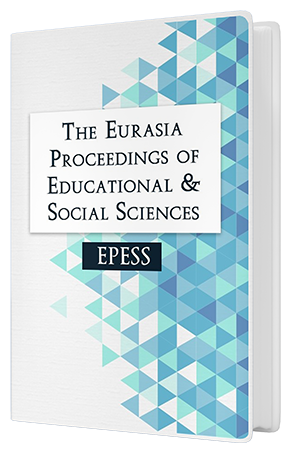MAXIMIZING THE GAINS OF COMPUTER ASSISTED INSTRUCTION IN MATHEMATICS TEACHING
Keywords:
Maximizing, computer, mathematics, teachersAbstract
The use of computer Assisted Instruction has positive effect in the academic achievement of students in Mathematics. Against this background, the study sought to determine the extent of the utilization of Computer Assisted Instruction in the teaching of Mathematics in the Secondary Schools in Nigeria. The study was carried out in Ika South and Ika-North East Local Government Areas of Delta state, Nigeria. All the Mathematics teachers in the schools were used for the experiment. They were 80 Mathematics teachers made up of 42 males and 38 females. A descriptive survey design was adopted while the research instrument was questionnaire. Five research questions guided the study and the research questions were addressed using graphs, percentage and frequency counts. Three hypotheses were formulated which were tested with t-test statistical tool at 0.05 level of significance. The result of the study indicated that teachers possess knowledge of computer and they have computer sets in their schools but no power supply for their usage. Furthermore, the teachers do not teach Mathematics contents using computer. It was also found that Gender and School location (Urban and Rural Areas) have no influence in the use of Computer Assisted Instruction. Adequate recommendations were made, among which; are that Mathematics teachers should be giving In-Service training by Government on the use of computer to teach Mathematics, they should be encouraged to use computer in the teaching of Mathematics and that schools should be provided with adequate power supply.Downloads
Published
Issue
Section
License
Copyright (c) 2016 The Eurasia Proceedings of Educational and Social Sciences

This work is licensed under a Creative Commons Attribution-NonCommercial-ShareAlike 4.0 International License.
The articles may be used for research, teaching, and private study purposes. Any substantial or systematic reproduction, redistribution, reselling, loan, sub-licensing, systematic supply, or distribution in any form to anyone is expressly forbidden. Authors alone are responsible for the contents of their articles. The journal owns the copyright of the articles. The publisher shall not be liable for any loss, actions, claims, proceedings, demand, or costs or damages whatsoever or howsoever caused arising directly or indirectly in connection with or arising out of the use of the research material. All authors are requested to disclose any actual or potential conflict of interest including any financial, personal or other relationships with other people or organizations regarding the submitted work.




